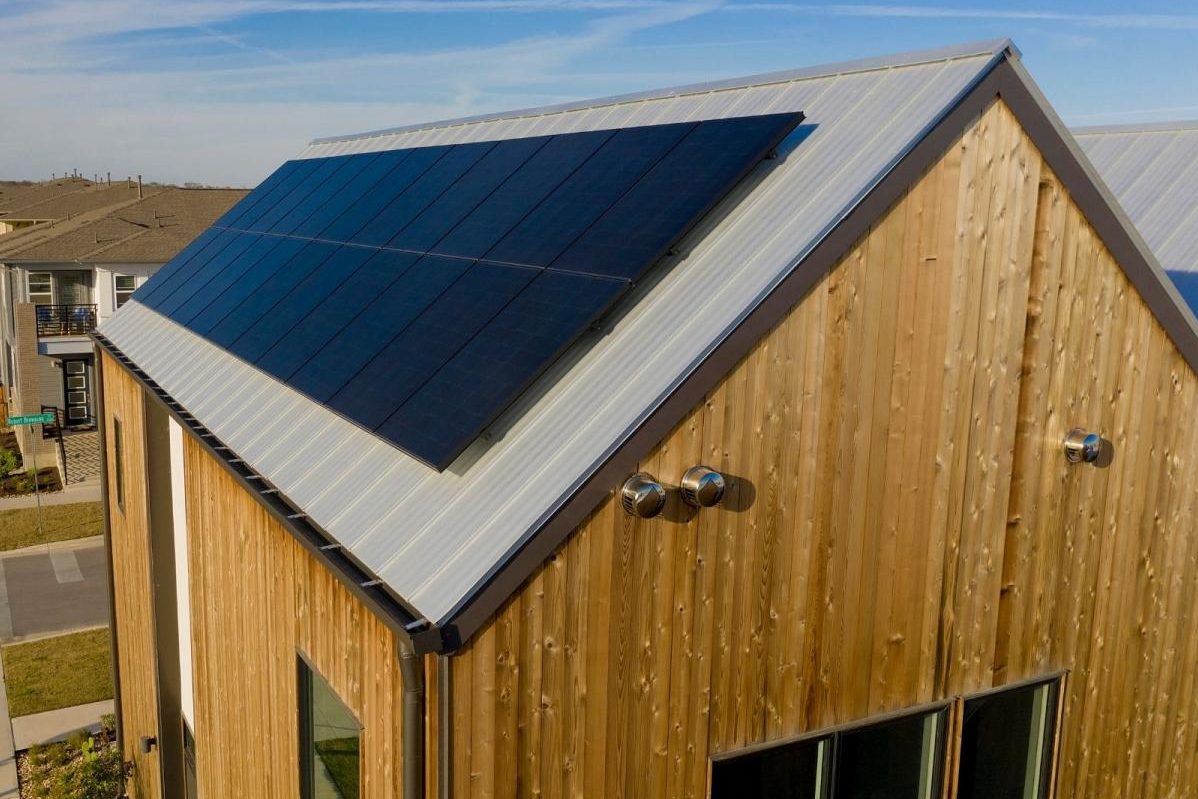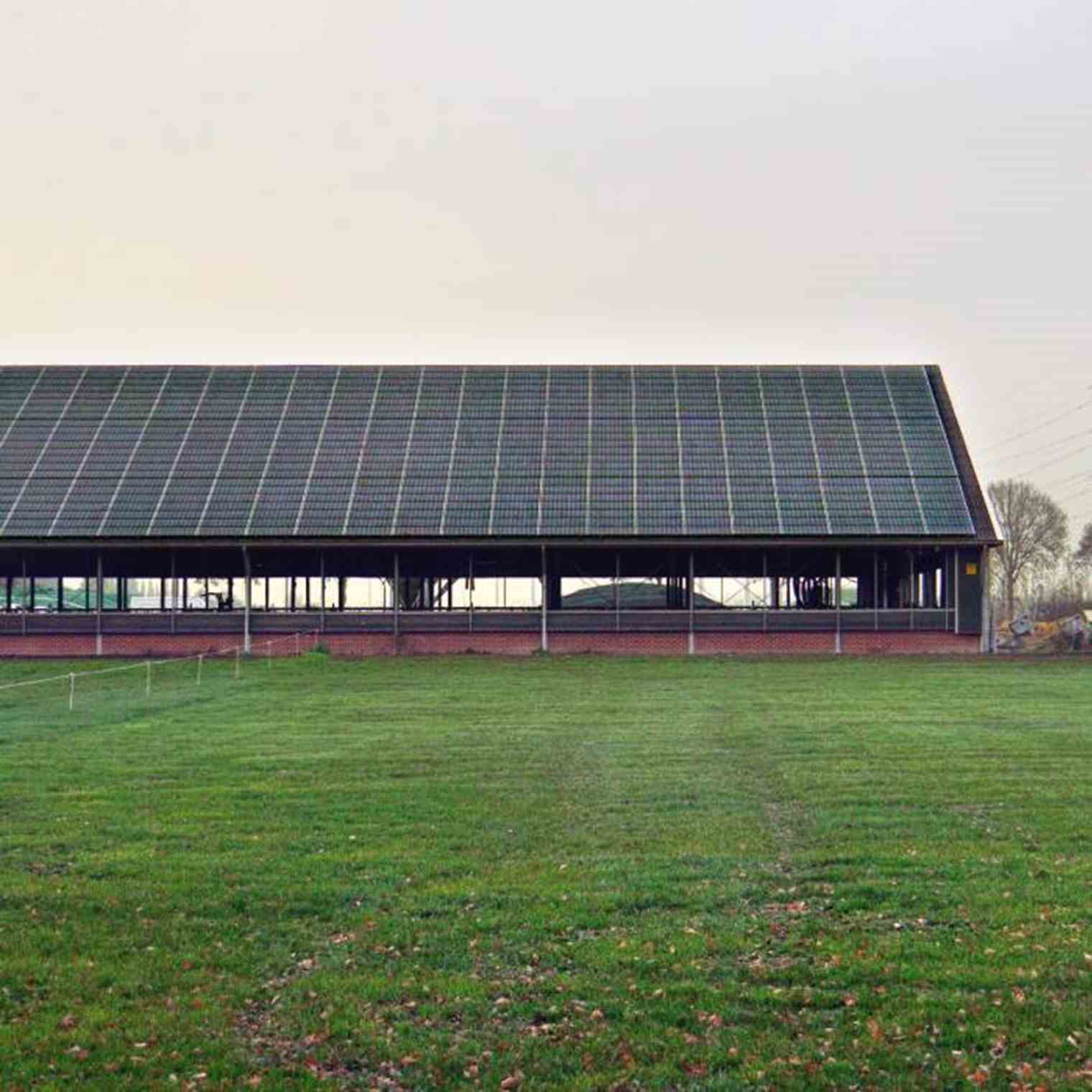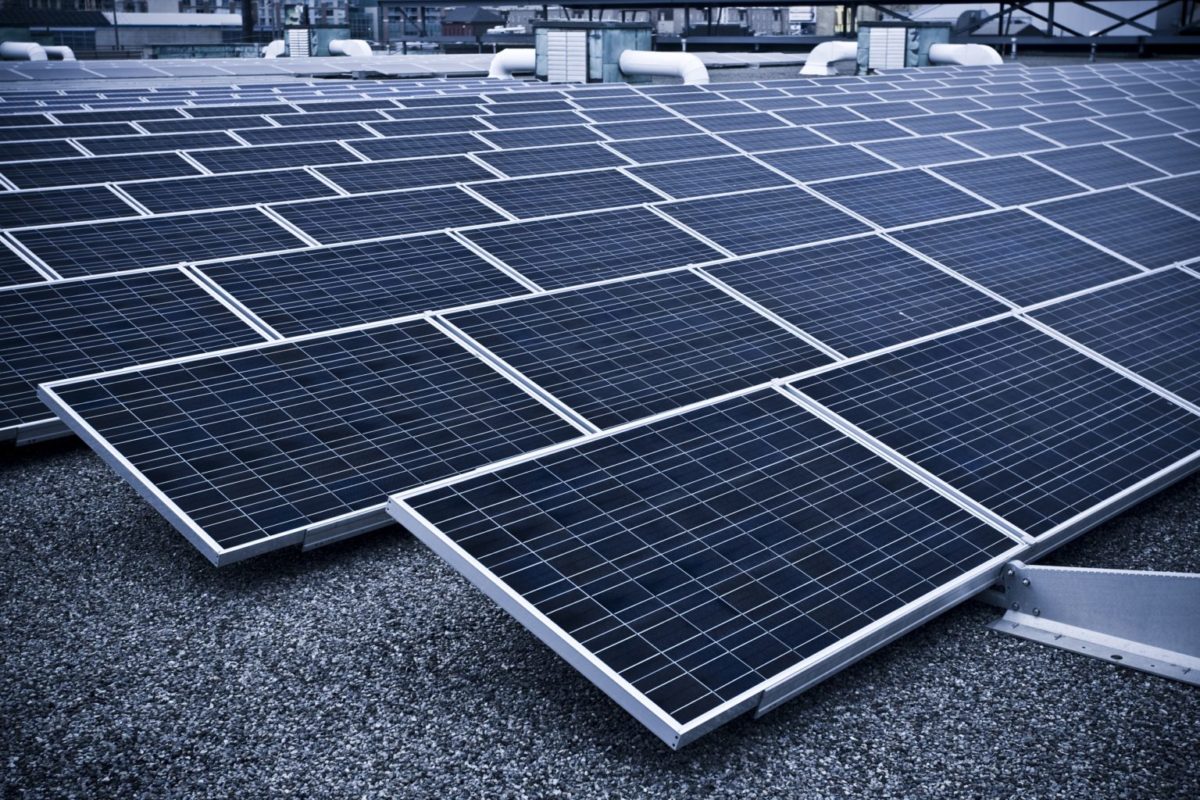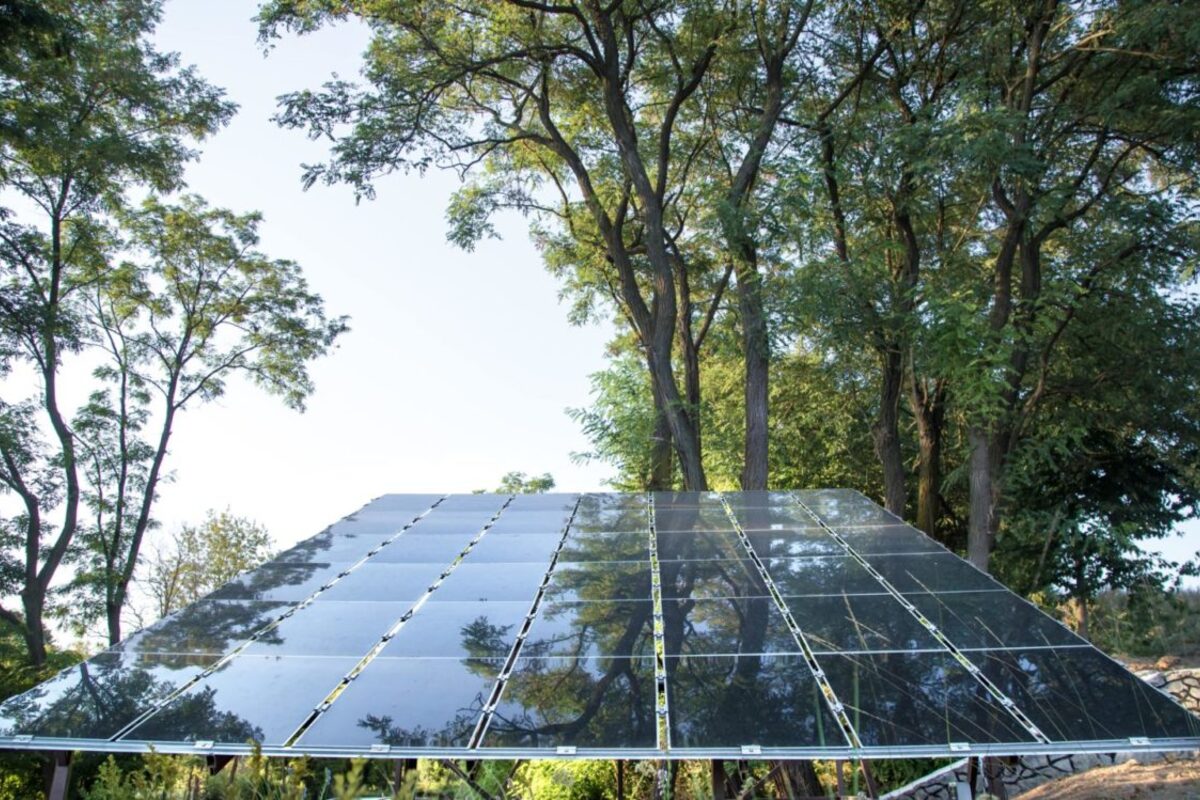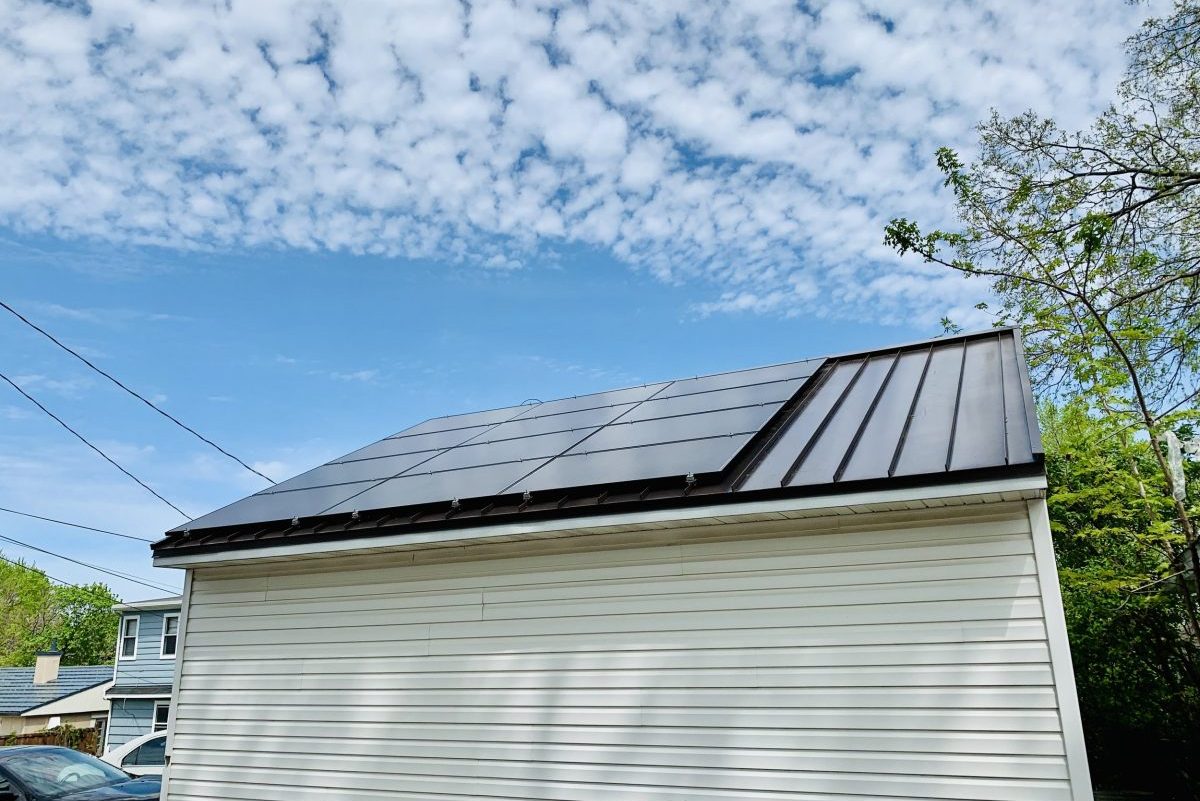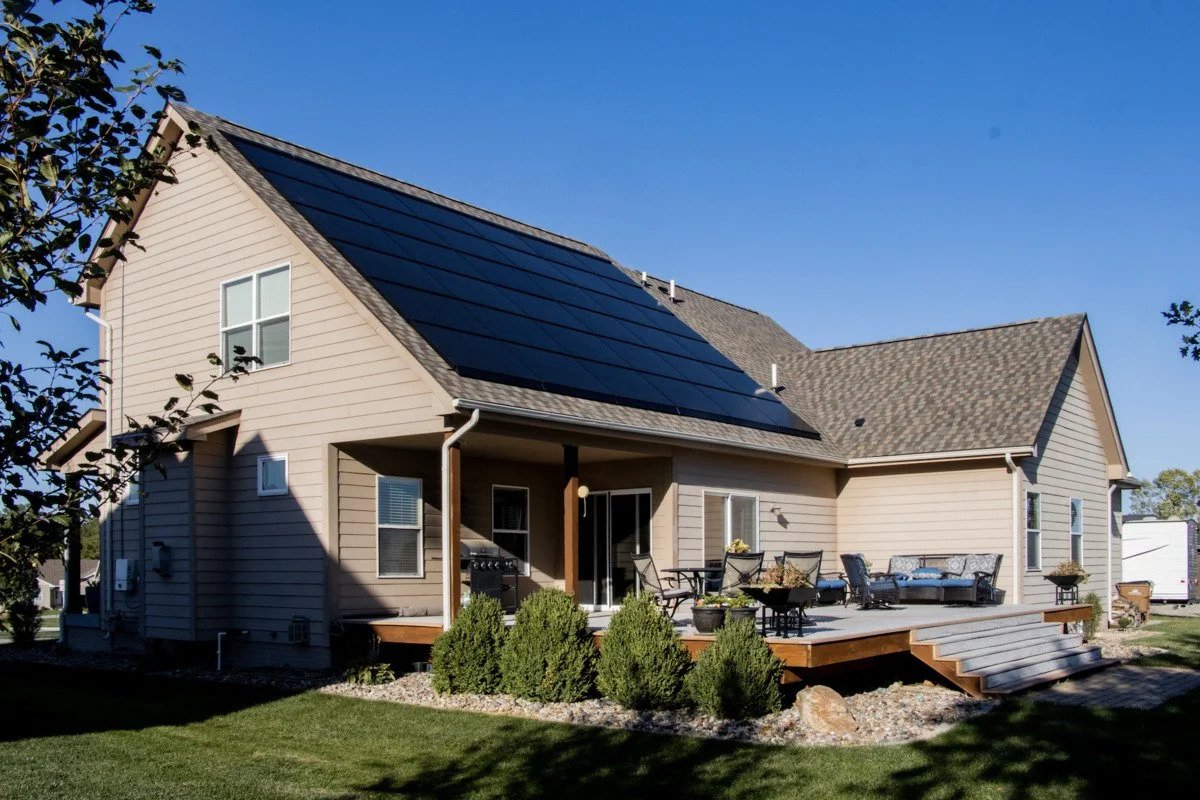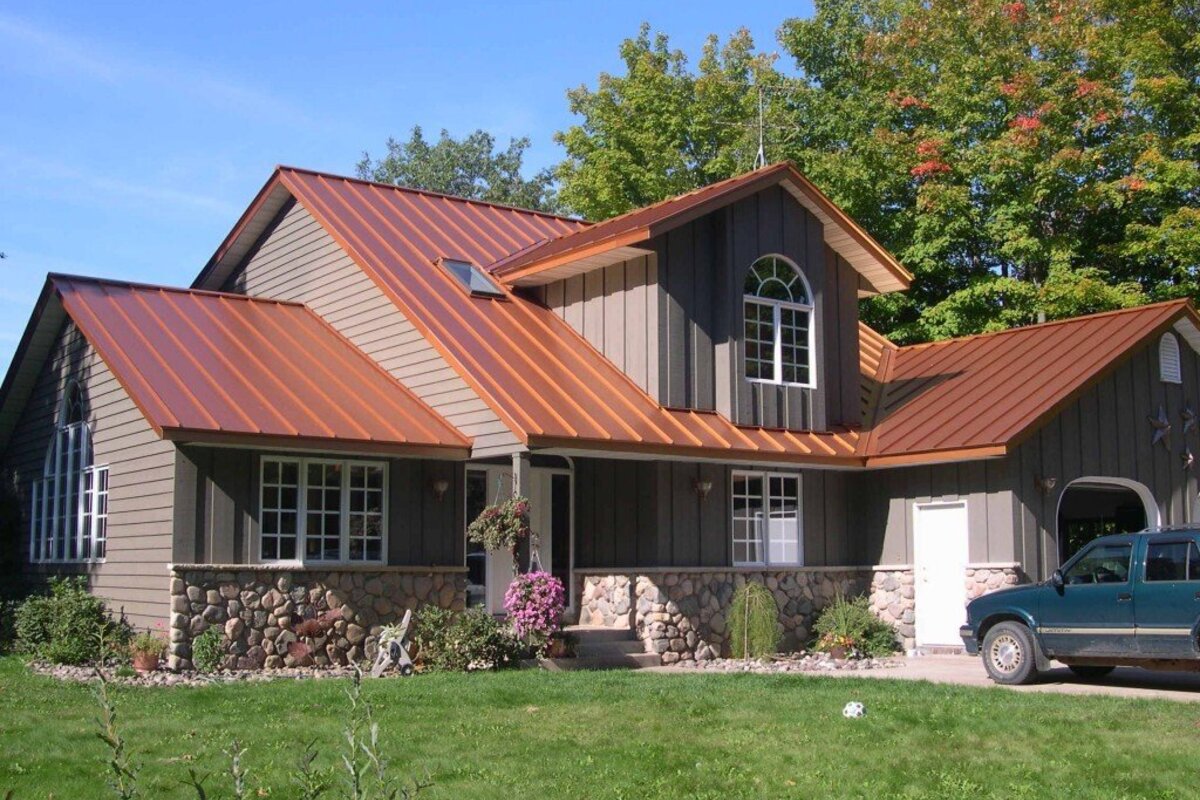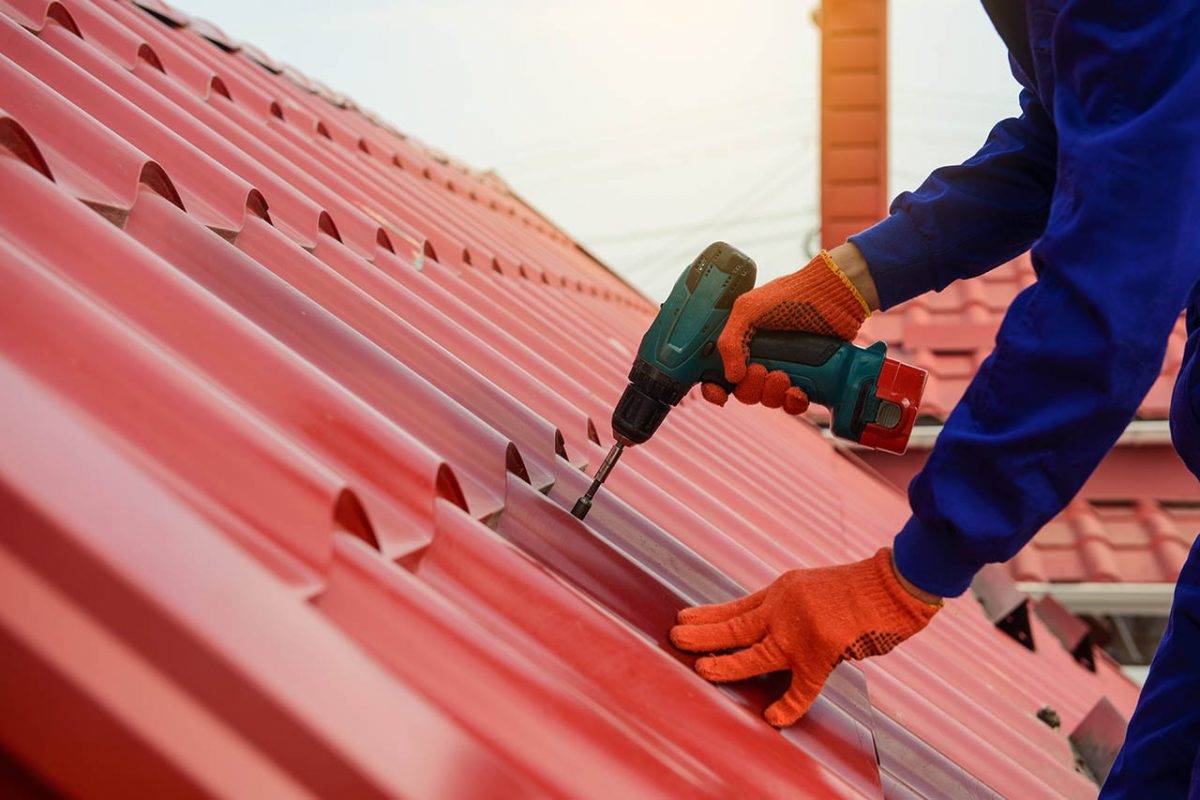Let’s explore the benefits of the commonly-used solar frame material aluminum and the organic non-metallics as the new solar frame material that’s taking over the solar energy industry today.
The Most Common Materials
Solar panel frames are commonly made of aluminum alloy profiles because they’re lightweight yet sturdy, durable, and corrosion-resistant. They’re easy to transport and install and don’t need maintenance work. So, if you think about it, it’s a money-saver in the long run.
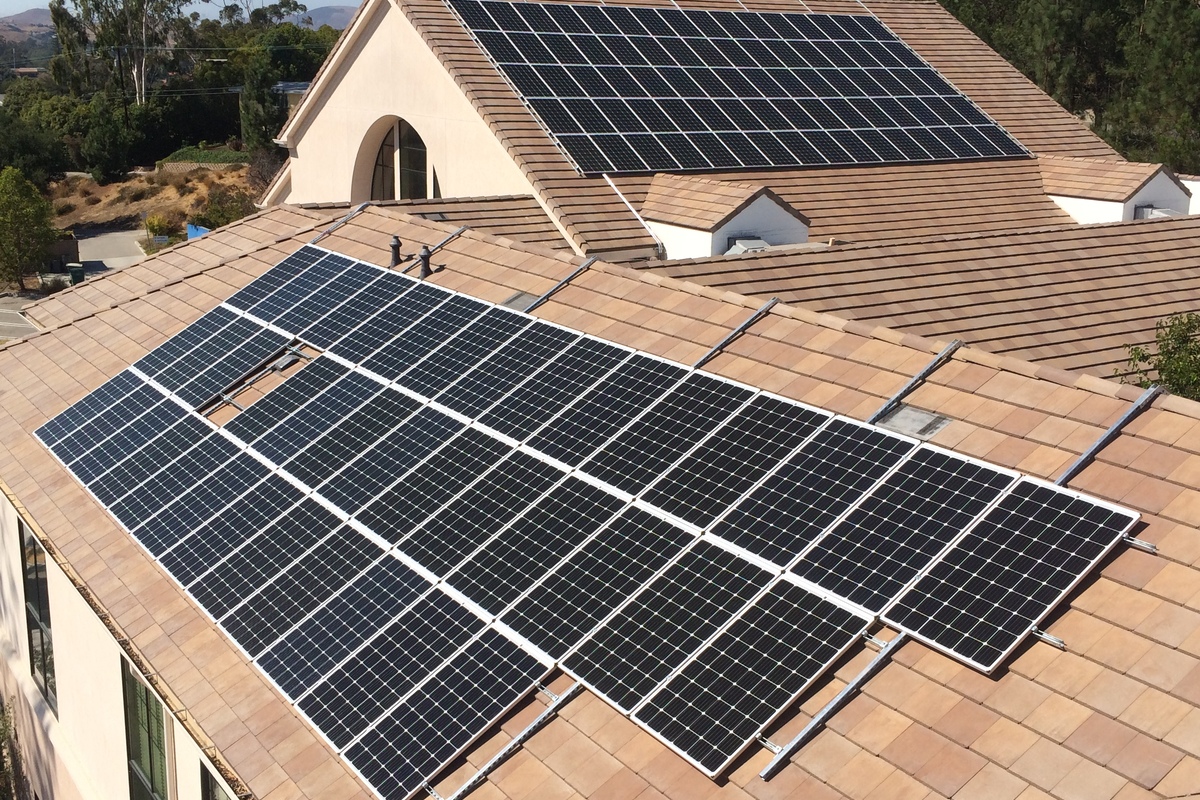
Non-Metallic Solar Panel Frames
Solar companies and manufacturers are always finding new materials to make frames for their solar panels, and here’s the background as to why.
The National Energy Administration released data that show that the nationwide PV power generation in the first quarter of this year reached 13.21 GW, which is 1.5% compared to the first quarter of last year.
At this rate, generating 1.2 billion kilowatts of power from the sun and the wind by 2030 seems a reasonable goal, and achieving it will help our nation reach carbon neutrality by 2060.
To ensure all these efforts come to fruition, manufacturers are working hard to increase the power-generating capacity of PV solar modules while reducing energy usage. Also, they always look for materials that emit lower amounts of carbon and have a shorter energy recovery cycle.
By finding these materials, we can reduce the duration of complete energy recovery from 1.3 years to less than a year.
Aluminum alloy profiles are one of those materials. They can make cross-sections, which is easier for corner code installation. Also, aluminum is less dense, lightweight, and resistant to corrosion.
Aluminum only takes a small part in the creation of solar panels, which is a good thing because it takes 13,500 kWh of energy to produce a ton of aluminum.
Solar companies are looking at organic, non-metallic materials as the next big thing. These materials take up less energy to make and are more lightweight. They’ve tested polyurethane PV frames, and they’re showing promise.
Polyurethane is already used in mattresses and refrigerators, and now, it’s also an excellent material for making solar frames. Like aluminum, it’s also resistant to corrosion but also temperature-induced damage. Plus, it’s less expensive to make.
We believe that polyurethane solar panel frames have the potential to replace aluminum alloy. What do you think?

